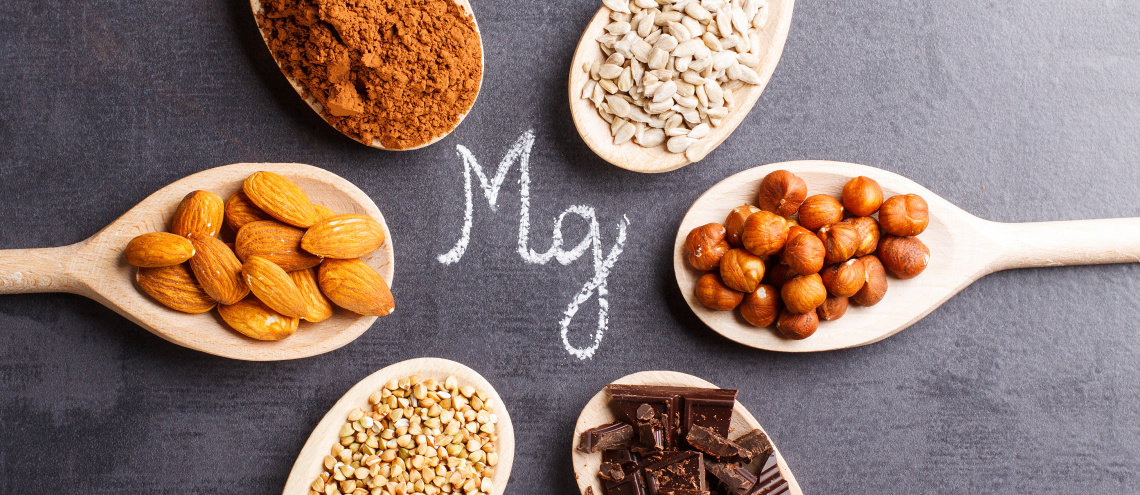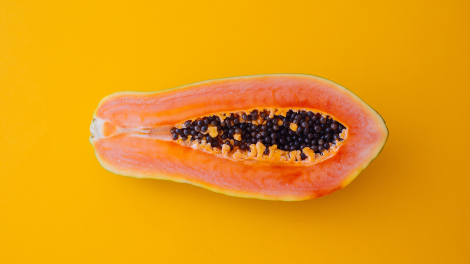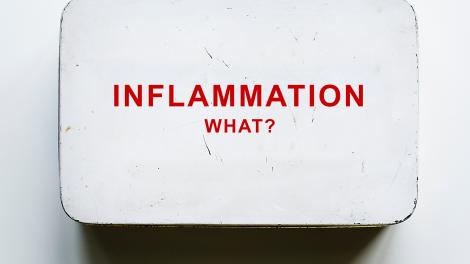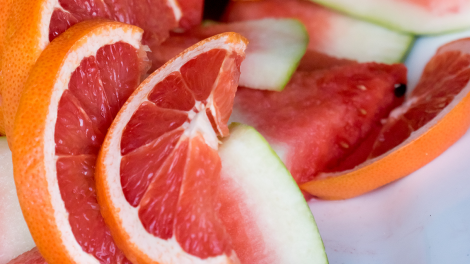If you’ve read our article on magnesium deficiency, you’ll understand how important magnesium is for a number of functions in your body. Sleep, muscle function, nutrient absorption and cell generation are all dependent on proper levels of magnesium in your blood. It’s important to take a magnesium supplement if you experience any of the symptoms associated with Magnesium deficiency – we don’t get nearly enough in our daily diet. But it is also important to get as much as you can from natural food sources as possible to boost your intake. Read through the list below to see where to get a decent dose.
MAGNESIUM IS COMMONLY FOUND IN ...
- Avocadoes
- Beans including black-eyed peas and lima beans
- Nuts and seeds like almonds, cashews and pumpkin seeds
- Whole grains such as brown rice, quinoa, bran cereal and buckwheat
- Green leafy vegetables such as cooked spinach, Swiss chard, artichokes, sprouts and broccoli
- Fatty fish like Mackerel, Halibut, Salmon, Sardines
- Sea vegetables like seaweed, kombu, wakame and kelp
- Himalayan pink salt
- Organic coffee and dark chocolate
As with much of our food today, there is evidence that the nutrient content in magnesium-rich foods is declining. Naturally, this means that getting the recommended amount of certain nutrients is near impossible only through food. Researchers recommend a magnesium supplement to ensure proper doses, in addition to the right foods. Ask your doctor or nutritionist if it’s something you should consider. In the meantime, try to eat as organic as possible – or why not start growing your own greens and beans?







Comments